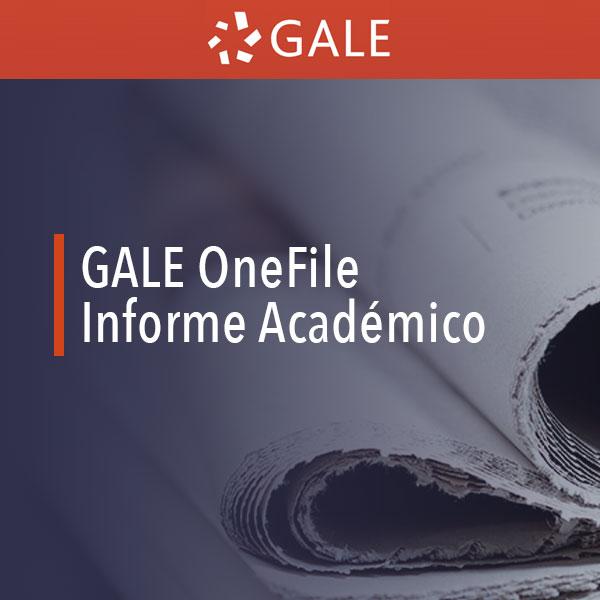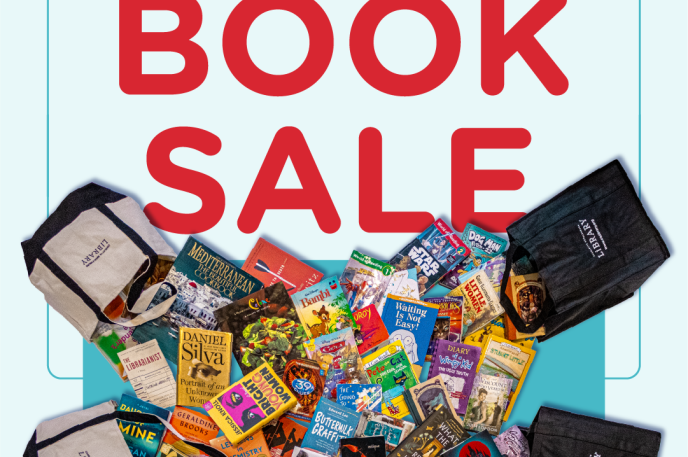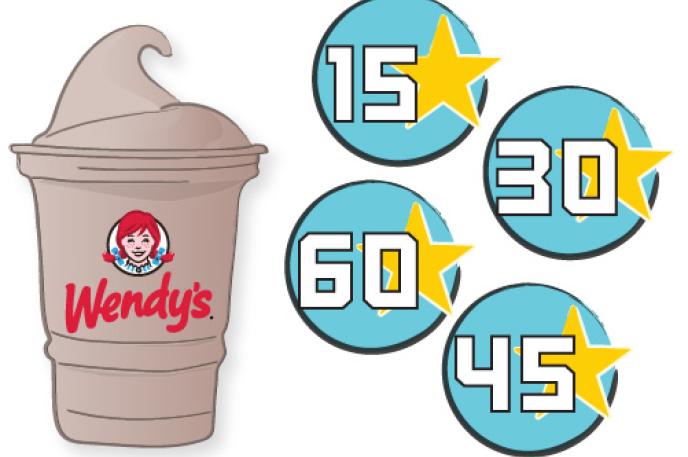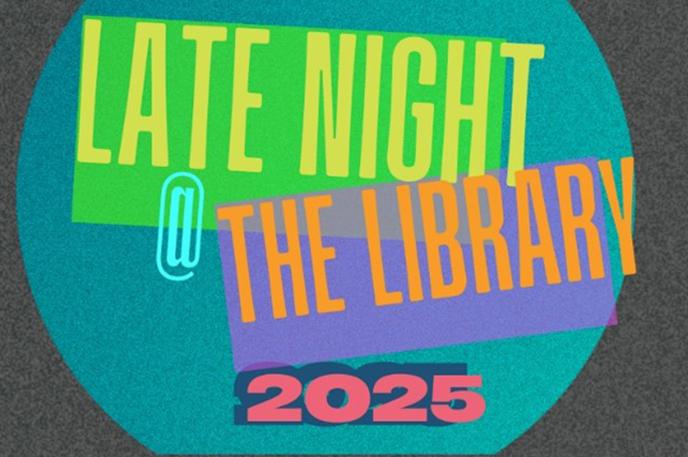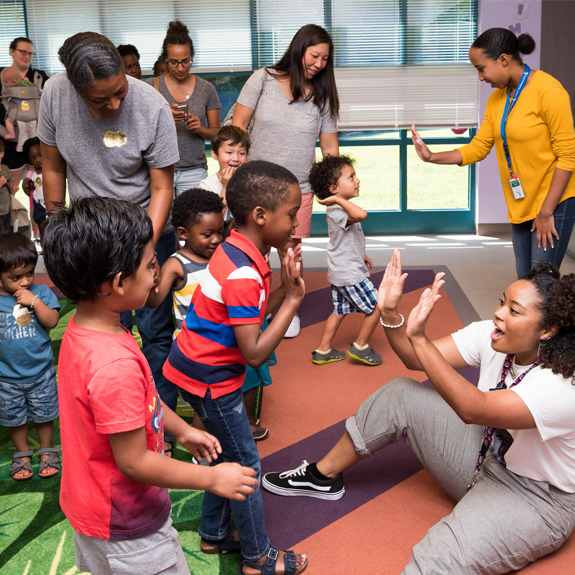This blog was written by Kim Arlia, logistics leader for Charlotte Mecklenburg Library.
This blog was updated on June 6, 2025 to include new dates and remove dates that have already passed.
SUMMER IS HERE! Let the humidity begin! I do not know about you but now it is all about chilling and enjoying a vacation/staycation with a good book! What better place to pick up your next favorite read than at the library book sale! At a loss of what to read – just ask the volunteers and staff at the sale – we have lots of recommendations! Trust me – my TBR ( to be read) list is a mile long!
Each sale will have a unique selection. Bring your book club group! Pick up some beach reads! Kids heading to camp – pack a book.
We are filling the carts with fiction, non-fiction, children’s, young adult, cook books, and coffee table books. Prices start at $1.00 Bring a friend and remember to buy for yourself and others! Gifting a book is a literacy treasure that lasts a lifetime!
Support your local library and expand you mind. See you at the sales!
Start marking your calendar today! Book sales are 9 a.m. – 1 pm (unless otherwise noted).
- Saturday, July 19, 2025 – South Park Regional Library
- Saturday, August 23, 2025 – Pineville Library
- Saturday, September 13, 2025 –Hickory Grove Library
- Saturday, September 20, 2025 – Mountain Island Library
- Saturday, October 25, 2025 – Myers Park Library
- Saturday, November 15, 2025 – Mint Hill Library
- Saturday, December 6, 2025 – North County Regional Library
- Saturday, December 13, 2025 – South County Regional Library
As new dates are scheduled – the listing will be updated. Hope to see you soon!!
HOW CAN I DONATE BOOKS?
Book donations are currently accepted at all open Library locations.
NOTE: Smaller libraries may have limited storage capacity. Please call your local Library before making a book donation to ensure the location can receive your items. Do not leave them outside – rain and bugs are not their friends!
The Library does NOT accept the following items:
- Newspapers
- Magazines
- Encyclopedias
- VHS tapes
- Music CDs
- DVDs
-
Textbooks
Have a large donation? Please contact Kim Arlia by phone at (704) 416-0751 or by email at [email protected] to make an appointment.
WHAT HAPPENS TO DONATIONS?
All donations are brought via the library delivery system to the Library Administration Center (LAC). At the LAC, a team of volunteers will go through the donations and determine what will happen to them based on condition, age, and genre. Some may be added to the existing library collection, others may go to various outreach programs, some make their way to the many Free Little Libraries in Mecklenburg County, while others end up at the library book sale or for sale at Thriftbooks.com. Revenue generated by book sales and Thinftbooks.com allows for the procurement of more library materials.
CAN I VOLUNTEER AT A BOOK SALE OR AT THE LAC?
SURE CAN!!! Complete a profile here: https://www.cmlibrary.org/volunteer Make sure you select to work with the Book Donation and Book Sale Team Member. Having problems with the CERVIS site – contact Kim Arlia by phone at (704) 416-0751 or by email at [email protected]
